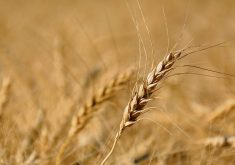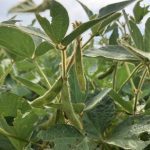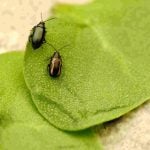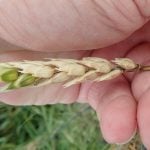Quebec’s provincial government is moving to grant itself powers to set up “protected crop zones” and inspect, seize or confiscate as needed to enforce them.
Agriculture Minister Laurent Lessard introduced the new provincial Crop Health Protection Act on Friday, replacing the earlier Plant Protection Act and previous laws on disease prevention in potatoes, as well as amending the Agricultural Abuses Act.
The bill will give the province the power to designate protected crop zones, as long as affected farmers are informed beforehand. It also gives the province the power to order that specific phytosanitary measures be taken in those zones at the expense of the person ordered to take them. It allows for exceptions for research.
Read Also
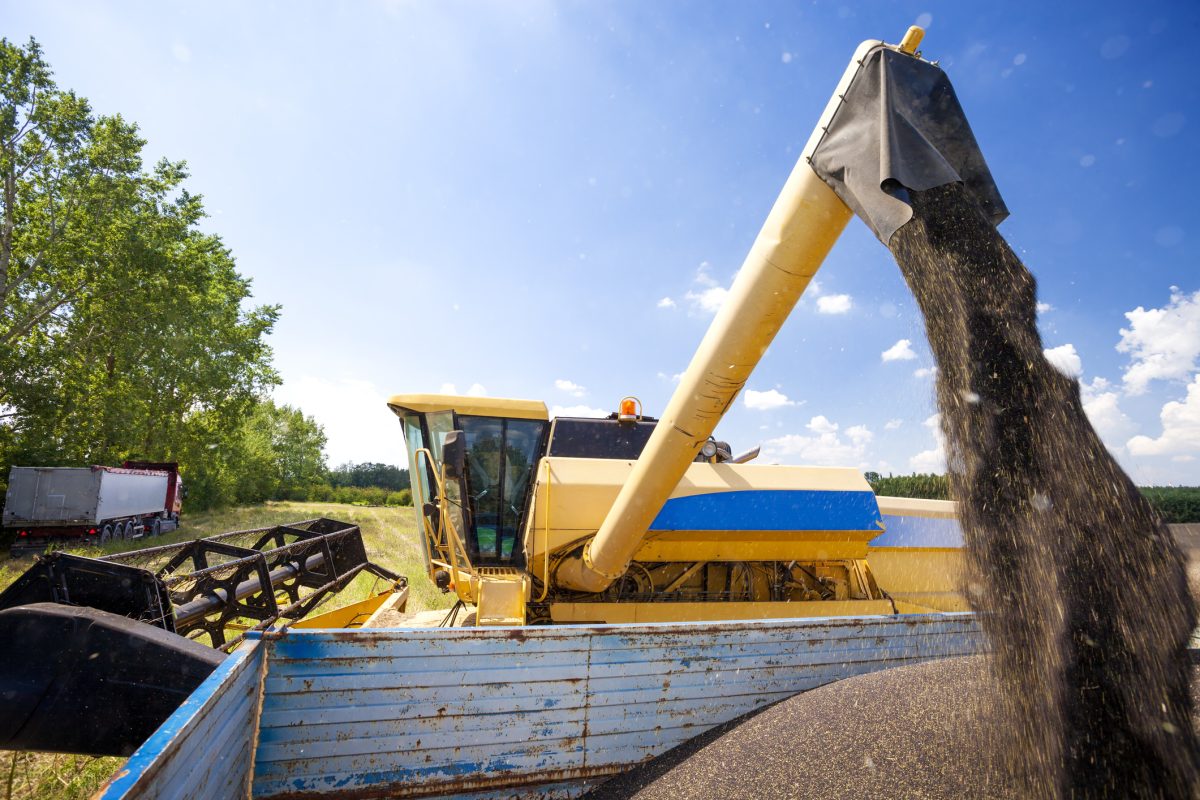
Alberta Crop Report: Harvest more than three-quarters finished
Alberta’s provincial harvest as of Sept. 23, 2025 was 78 per cent complete, said the province’s weekly crop report.
The sorts of harmful organisms and invasive species that would spell a “high and imminent risk” of spreading to commercial crops, and would require a protective zone to be set up, would be decided by the agriculture minister and declared by regulation.
The new bill also requires anyone who has reason to believe such a species or organism is present to report it to the minister “without delay” and requires farmers to take measures to ensure they don’t spread such organisms in commercial crops.
The bill will also grant provincial inspectors powers of inspection, seizure and confiscation, meaning they can enter properties “at any reasonable time,” order that a contaminated machine or vehicle be immobilized, examine contaminated sites and take samples and photos free of charge.
Owners of seized property or plants would keep custody of them unless an inspector orders it removed or the province applies to a judge for a confiscation order. A judge can also authorize sale of seized property that’s perishable or “likely to depreciate rapidly” if that sale can be done without spreading a weed or disease to other crops.





